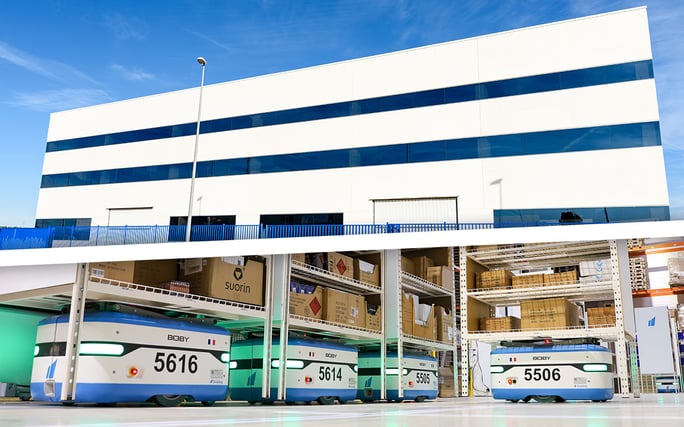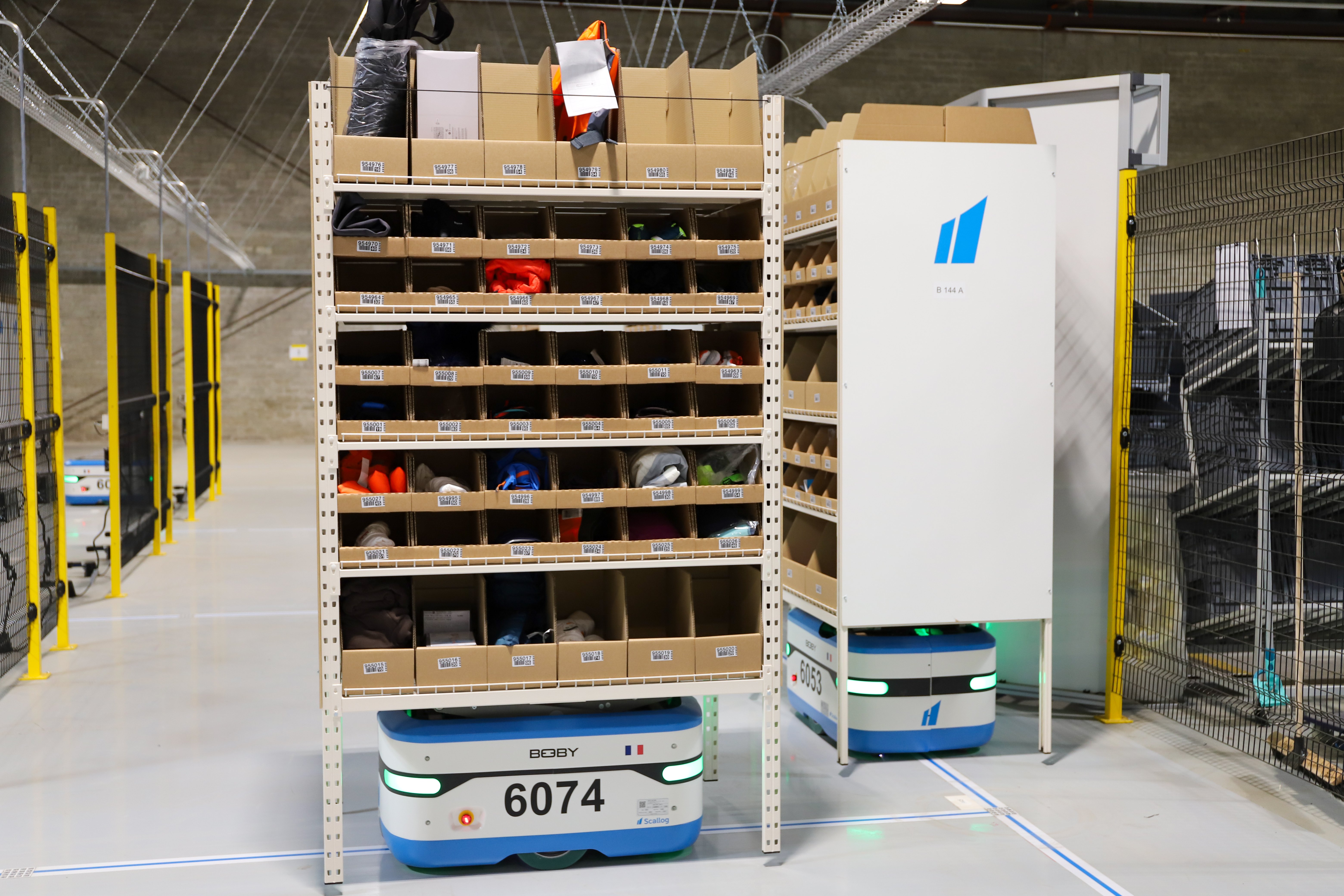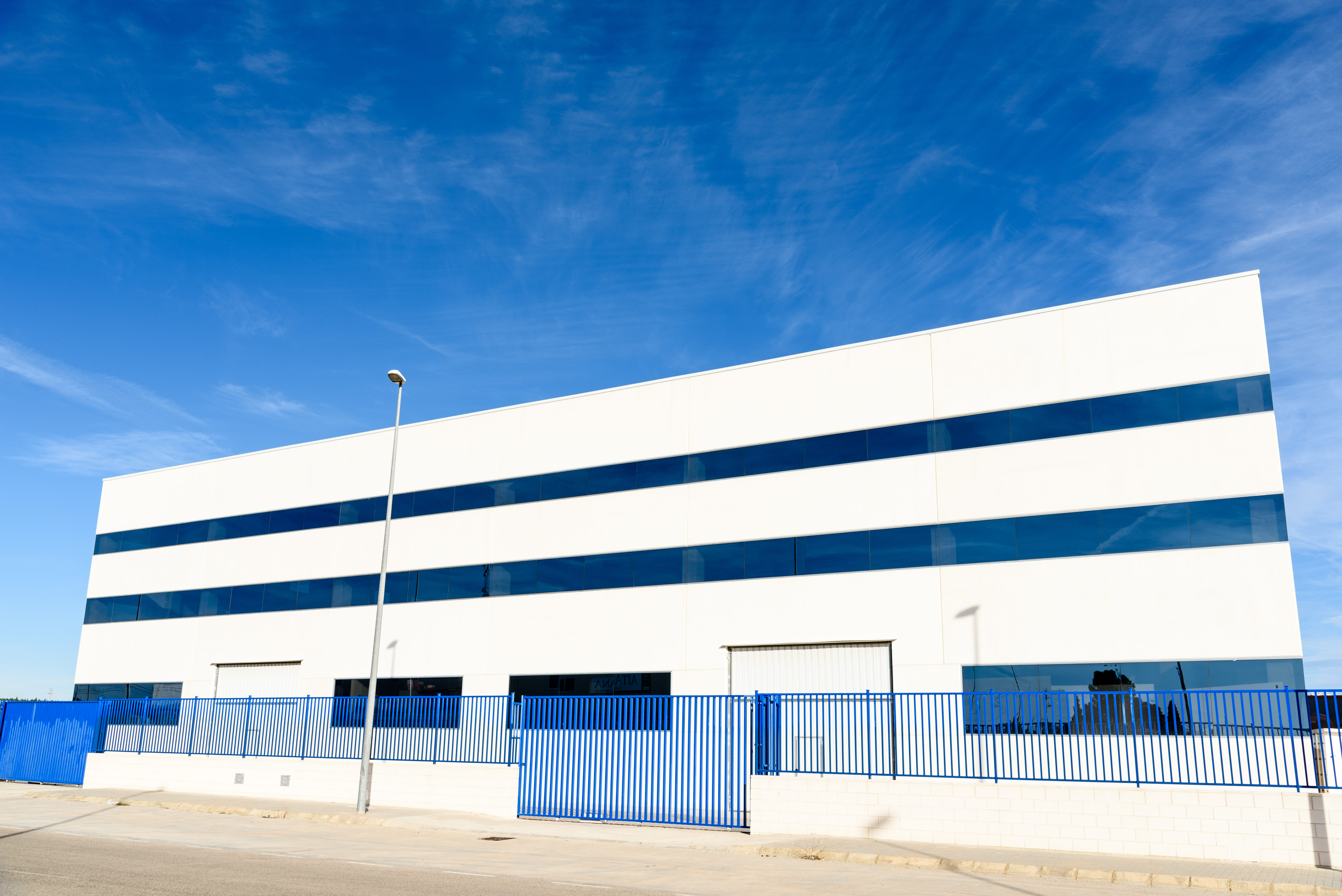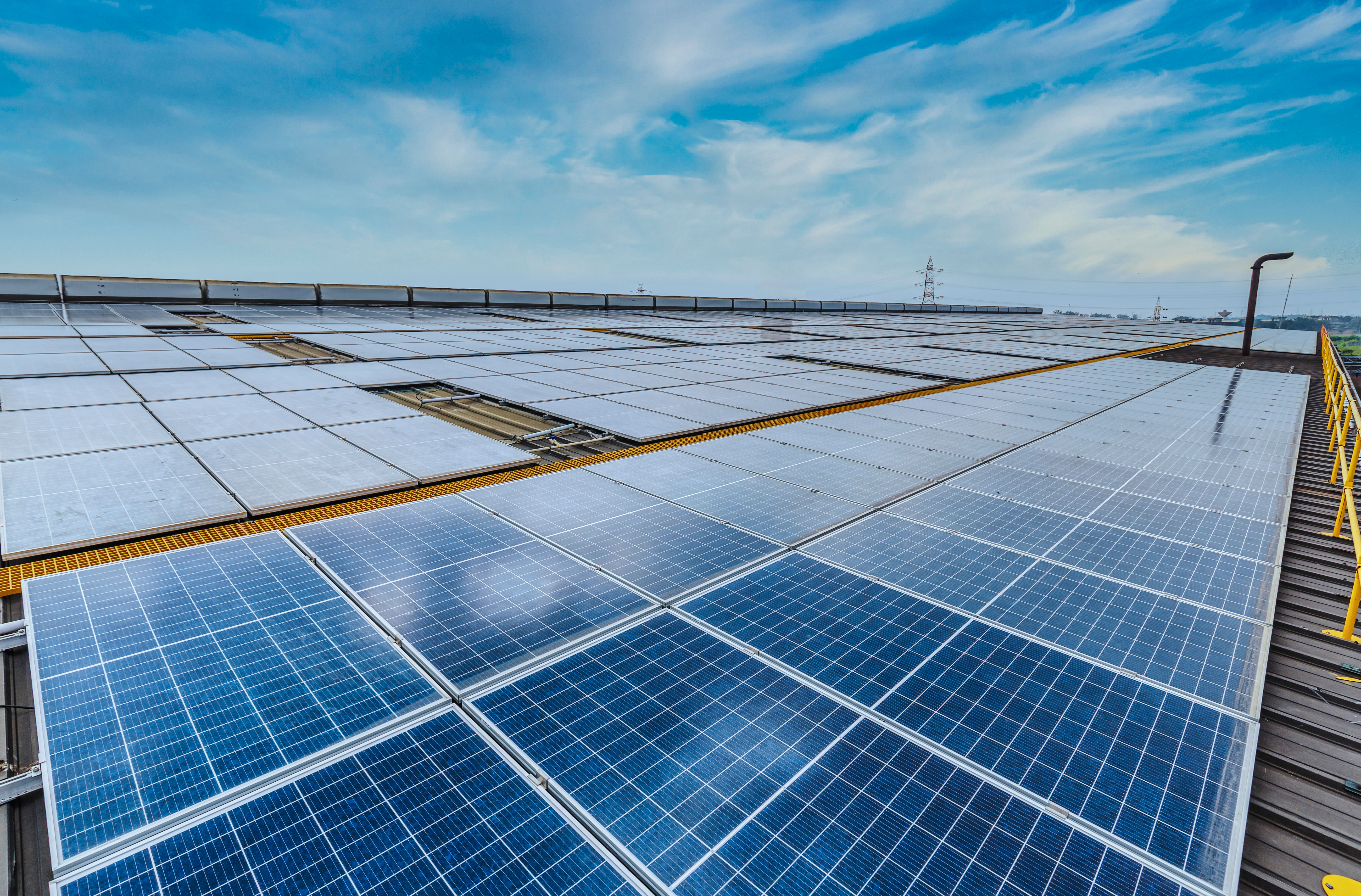The boom in e-commerce, which in France is worth 147 billion euros and is expected to reach 200 billion by 2025, and the resulting new consumer demands - omnichannel, speed of delivery, quality of service and even CSR - have revolutionized logistics and de facto warehousing, across all business sectors.

Considered one of the keys to fulfilling the customer promise, just like transport, the warehouse, faced with the increasing complexity and acceleration of BtoB and BtoC flows, must take up a number of challenges, including the agility of its processes, the acceleration of its parcel and retail order production capacity, and the management of returns. To do so, it must combine excellence of execution, seamless scalability, reduced drudgery and profitability; every m2, process and operation must be optimized, from storage to order picking. Key trends in tomorrow's warehouse are therefore performance, agility, mutualization and sustainability; Goods to Person robotization according to SCALLOG serves these objectives in a subtle balance!
Tomorrow's warehouse will be ultra-agile, to meet changing customer requirements!
Faced with evolving BtoB and BtoC customer expectations, logisticians have to manage ever more order lines and accelerate lead times in their warehouses, while ensuring quality of service and short lead times. They are faced with highly variable volumes and order types, and have to absorb multiple peaks or slumps in activity. Faced with these uncertainties and lack of visibility in logistics, the watchword is ultra-agility! Warehouse storage needs to be rethought, freeing itself from the traditional ABC method; it must become agile and dynamic to optimize flows and simplify operations. Goods-to-person robotics are the perfect answer, from the random warehousing favored by Amazon to the pooling of BtoB and BtoC inventories.

The same applies to processes and operations, which need to be optimized in line with the best cost/benefit ratio, to gain in efficiency and agility. Not all operations need to be automated; what counts is the productivity achieved. In our view, it is therefore imperative to automate warehouses in a "reasoned" way.
Once again, Goods to Person robotics has emerged as a key technological response, providing scalable automation and rapid ROI for retail order-picking processes. And tomorrow, which technology will be the key to ultra-agile processes? Artificial Intelligence is a good example; the only limit, in our opinion, will be cost and profitability!
Tomorrow's warehouses will be central and compact, in the face of land scarcity!
Faced with the scarcity and high cost of land near the Lille-Paris-Lyon-Marseille "backbone", and France's ZNA (zero net artificialization) target by 2050, logisticians are going to have to gain more cubic meters in their warehouses, for want of additional m2, by exploiting ceiling heights, from 7.50 to over 9 meters, by hunting down voids and giving priority to automation. Beyond the massification of flows and logistics organization required for omnichannel, making the most of existing space is becoming a priority!

The Goods to Person SCALLOG robotic system, installed under or on a mezzanine floor, can already double or even triple storage density and productivity in retail order picking, at reasonable cost!
In addition, French regulations require a 50% reduction in the net artificialization of land by 2030, and a 100% reduction by 2050. Against this backdrop, the latest generation of multi-level logistics platforms on the outskirts of major conurbations are set to become increasingly popular, as in the case of ParisAir2 and Green Dock.... In addition to meeting the objective of "zero net artificialization", they will be designed and built, from the outset, to promote versatility and, above all, automation.
The warehouse of tomorrow will be sustainable, from CSR to energy efficiency!
Once again, the warehouse will be at the forefront of logistics sustainability, i.e. the best balance between economic growth, environmental protection and social well-being. CSR initiatives are multiplying in the world of logistics to attract and retain new employees, in a sector under pressure and tension. Thousands of jobs remain unfilled, and some French regions are under real pressure! One of today's major concerns in the warehouse is to reduce the arduousness of tasks, limit stress and prevent RSI among logistics operators. SCALLOG Goods to Person robotics - goods transported by robots to operators - is ideally suited to this CSR approach. It limits movement and load-carrying, while guiding operators every step of the way. The ergonomic design of the picking station, coupled with a silent environment, ensures that operators gain in productivity and versatility of skills, without difficulties, constraints or stress. What's more, this mobile robotic technology is appealing to the younger generation, breathing new life into warehouse professions that suffer from a poor image.

Last but not least, warehouses must go even further in terms of energy sobriety, in the face of new regulations such as the Tertiary Energy Decree. They need to be reorganized in a more eco-responsible way, giving priority to energy-saving automation, relamping, recycling processes and even the production of their "own" energy. In this respect, Goods to Person robotics plays an active role in reducing the warehouse's energy bill, by eliminating the need to travel, from the intensive use of handling equipment to the automatic activation of lights in aisles.
In conclusion, tomorrow's warehouse will be robotized with solutions like SCALLOG, focused on people and their working conditions, and increasingly agile and HQE to guarantee the best performance levers!






Laisser nous votre commentaire